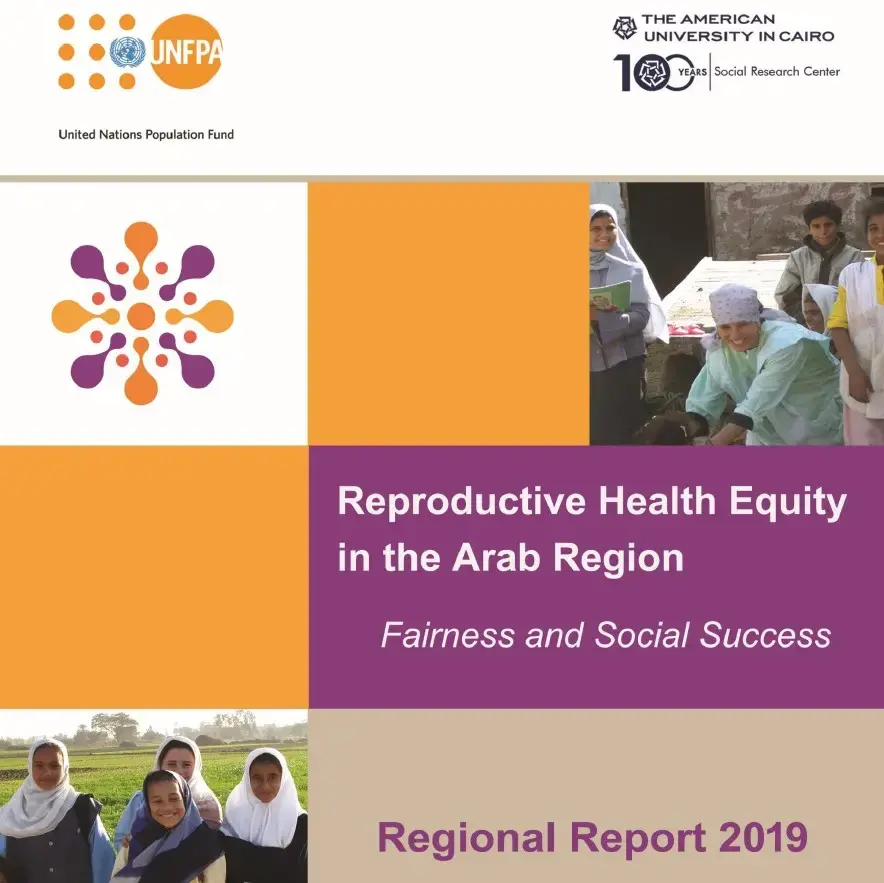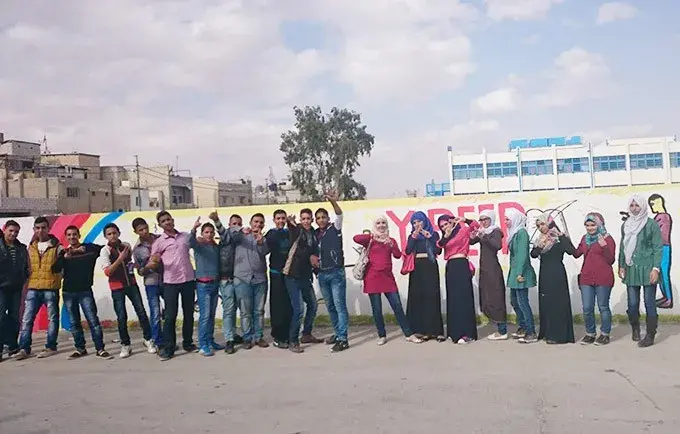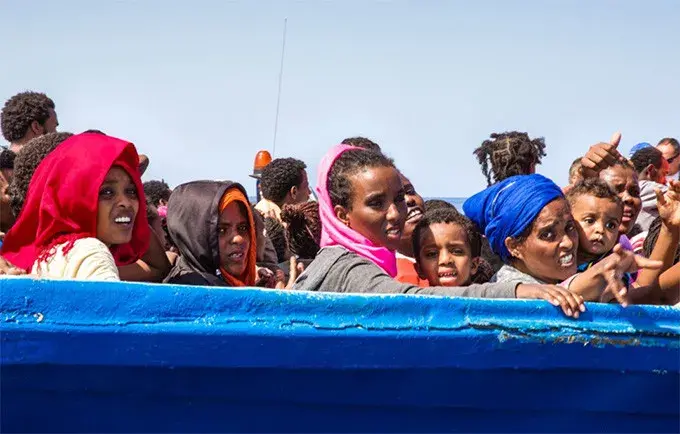This report responds to the new International Conference on Population and Development (ICPD) beyond 2014 framework that places people’s well-being at the center and acknowledges their aspirations for dignity and human rights, adopts a rights based approach, and embraces equity and fairness. It is also anchored on the widely adopted Sustainable Development Goals (SDGs) and its pledge to “Leaving no one behind”. It addresses current regional concerns with sexual and reproductive health (SRH) and mainstreams an equity lens in SRH policies and actions.
The report is a product of the joint regional initiative on “Sexual and Reproductive Health Inequities” launched by the United Nations Population Fund for Arab States Regional Office (UNFPA/ASRO) during 2018 in partnership with the Social Research Center of the American University in Cairo (SRC/AUC). The initiative targets supporting governance and policy reforms to address sexual and reproductive health inequities.
The long-term objectives of the regional initiative are to contribute to
- informed policy dialogue about effective and measurable health equity solutions;
- supporting governments to form integrated multi-sectoral policies and programs that engage civil society and communities to address SRH inequities in the Arab region; and
- reduction in sexual and reproductive health inequities.
The report draws mainly on national analytical reports of five countries in the region: Egypt, Jordan, Morocco, Oman and Sudan. These reports were prepared by independent researchers nominated or endorsed by partner institutions from each country. The partner institutions are: National Population Council in Egypt, Higher Population Council in Jordan, National Observatory for Human Development in Morocco, Ministry of Health in Oman, and National Population Council in Sudan.
The regional report is one component within the broader initiative of research and policy support. The report aims to provide an impetus for a research and capacity building movement that allows for the expansion of the investigation to invisible social groups and in-depth up-to-date findings, as well as the articulation of more detailed country specific policy and action plans.
This report uses available evidence to analyze and highlight the level and trend of SRH inequalities within different social groups, and traces these inequalities to the different forces shaping them. It proposes general action and policy recommendations to address reproductive health inequities.





